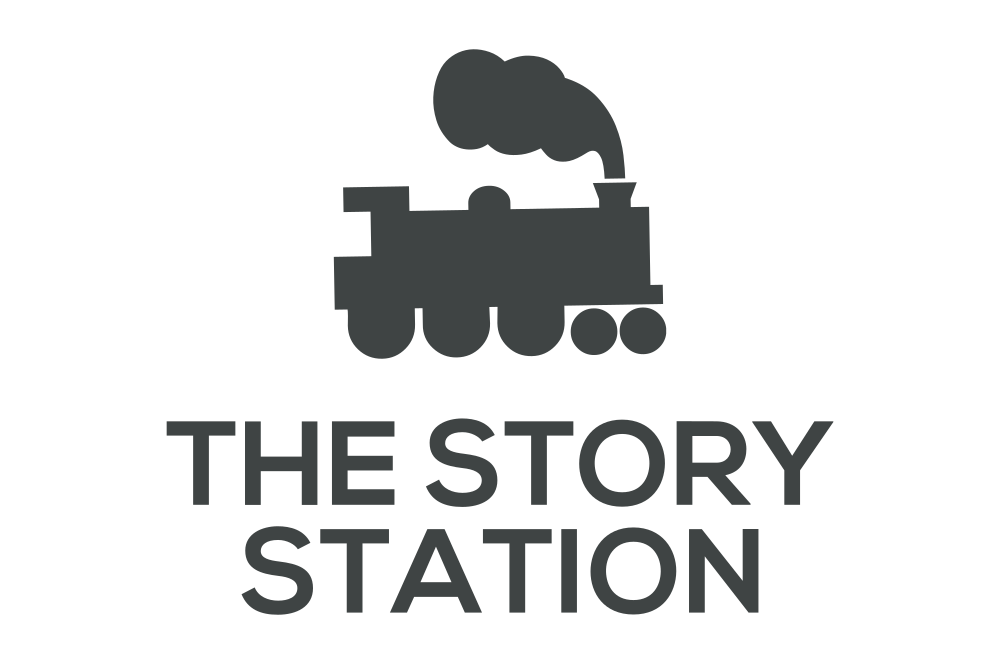In the late 1960s, Roland Barthes famously declared the “death of the author,” proposing that the meaning of a text does not originate with the writer, but is instead constructed by the reader. This shift from authorial intent to interpretive meaning reshaped literary theory for decades. Today, that idea feels newly relevant in an unexpected context: machines that can now generate coherent, persuasive, even poetic language, without any conscious intention at all. No subject, no voice, just pattern and probability drawn from a vast archive of existing language.
In "Language Machines", Leif Weatherby contends that the foundational insights of cultural and structuralist theory, particularly the notion that language generates meaning through internal relations rather than external reference, anticipated the mechanics of today’s large language models. Thinkers like Roman Jakobson and Ferdinand de Saussure understood language as a system of signs whose meanings are defined by their relation to one another, not by direct reference to the external world. That idea is now embodied in large language models like ChatGPT, which don’t “understand” in any human sense, but produce language by mapping and predicting relationships between words within enormous datasets.
Here’s where it gets interesting for us at The Story Station.
Our bookshop is built on a belief in the physical, human, time-worn artifact of language. A secondhand book has been read, touched, annotated, gifted, discovered, rediscovered. It carries meaning not just in its text, but in its history. Margins scribbled with thoughts. Old receipts as bookmarks. A note from one reader to another. These are things no algorithm can replicate.
Yes, language can be generated by machines. But books?
A book becomes meaningful when someone picks it up.
Even as we marvel at what machines can do with language, let’s not forget the importance of the written word and the paper trails of our shared, human experiences. Meaning doesn’t just live in language systems. It lives in how we read, what we hold, and who left a message in the margins before us.
So maybe the author is dead. But the reader (YOU) is more powerful than ever.
